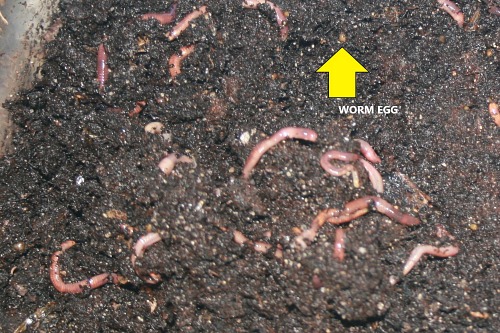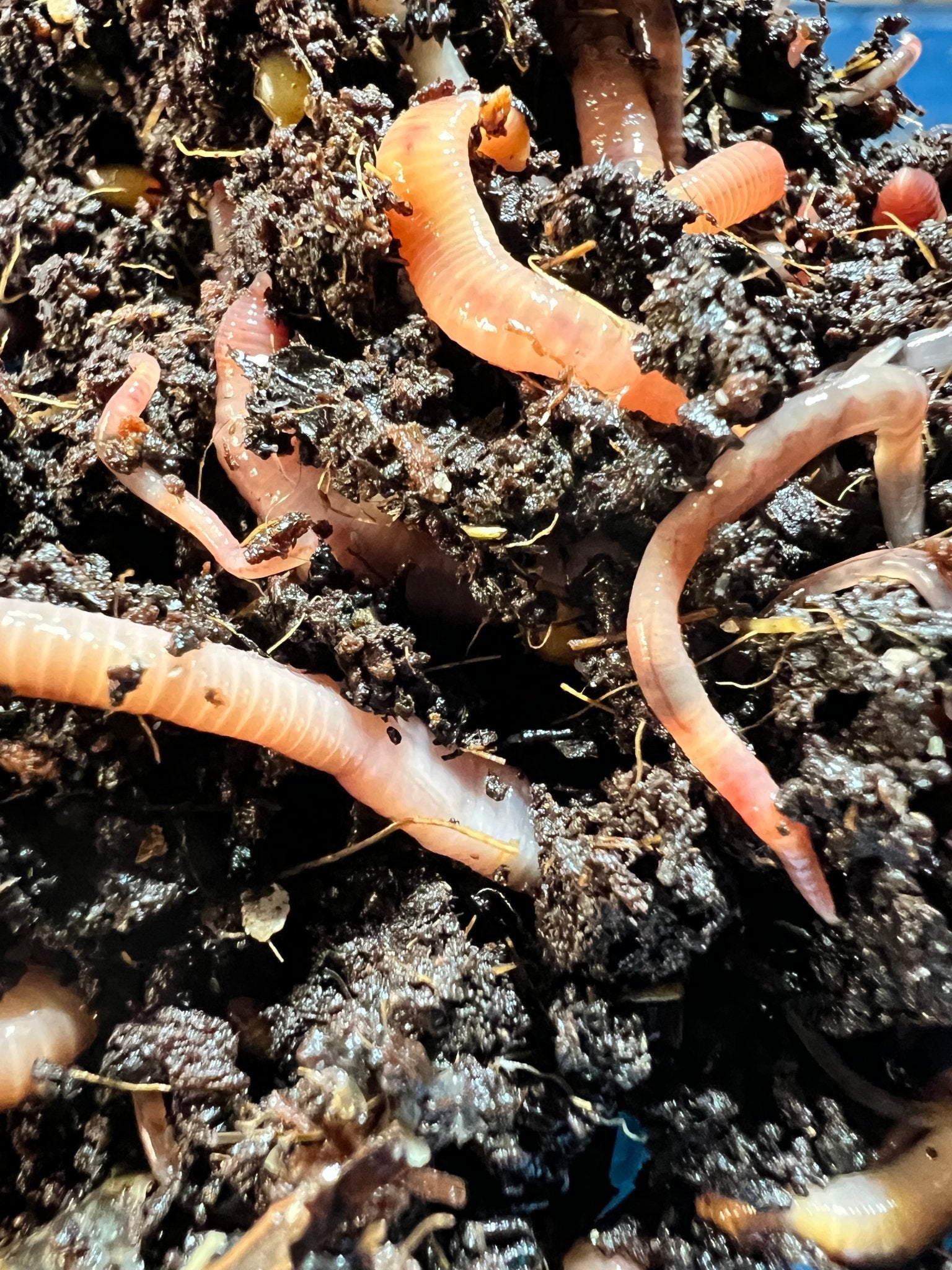Enhance Your Lawn’s Health and Beauty with Red Wiggler Express Lawn Care Solutions
Enhance Your Lawn’s Health and Beauty with Red Wiggler Express Lawn Care Solutions
Blog Article
Open the Secrets of Red Wigglers: Your Guide to Composting Success
The combination of red wigglers into composting methods offers a significant opportunity for enhancing soil health and promoting sustainability. These organisms are not merely efficient recyclers of organic waste; they provide a myriad of benefits that can transform garden management. Understanding their needs and behaviors is essential for optimizing their potential, from setting up an appropriate worm bin to feeding them the right products. As we check out the crucial parts of effective vermicomposting, one may question how these small animals can bring about an extra lively and efficient garden ecosystem.

What Are Red Wigglers?
(Red Wiggler Express)Red wigglers, clinically referred to as Eisenia fetida, are a varieties of earthworm mostly made use of in composting as a result of their amazing ability to disintegrate organic issue effectively. These worms are characterized by their reddish-brown pigmentation and a segmented body, commonly determining between 3 to 4 inches in size. Unlike various other earthworm types, red wigglers thrive in rich, natural environments, making them excellent for vermicomposting systems.
Native to North America, they are commonly discovered in decomposing fallen leaves and compost heap, where they play an important function in nutrient recycling. Their adjustment to living in a wet, cardiovascular setting allows them to consume big quantities of organic waste, breaking it down right into nutrient-rich castings that improve dirt health.
Red wigglers reproduce rapidly, with a single worm qualified of generating numerous cocoons each week, each containing multiple hatchlings. Understanding the biology and behavior of red wigglers is vital for optimizing their capacity in composting applications.
Advantages of Making Use Of Red Wigglers
Harnessing the power of red wigglers in composting offers various advantages that improve dirt health and promote lasting waste monitoring. These remarkable microorganisms efficiently break down raw material, changing cooking area scraps and backyard waste right into nutrient-rich vermicompost. This ended up product is remarkably advantageous for plant growth, as it improves soil structure, enhances wetness retention, and improves nutrition availability.

(Red Wiggler Express)In addition, the visibility of red wigglers in your composting system can speed up the composting process, creating high-quality garden compost in a portion of the time contrasted to standard techniques. The castings generated by these worms are likewise including beneficial microbes that additionally enhance the dirt community.
Establishing Up Your Worm Bin
Developing an efficient worm container is a straightforward process that can dramatically enhance your composting initiatives. Worm containers can be made from plastic storage bins, wood boxes, or readily available worm containers.
Next, prepare the bed linen product, which offers as the worms' environment. A mix of shredded newspaper, cardboard, and coconut coir works well, offering a comfy atmosphere for the worms.

Feeding Your Red Wigglers
To make certain the health and wellness and efficiency of your red wigglers, it is important to give them with a well balanced diet plan that meets their dietary requirements. Red wigglers thrive on a varied range of natural products, which not only supply necessary nutrients yet likewise promote reliable composting.
Begin by incorporating cooking area scraps such as vegetable peels, fruit cores, and coffee premises. Avoid citrus fruits, onions, and garlic, as these can be detrimental to worm health. In addition, introduce shredded paper, cardboard, and completely dry leaves to develop a well-aerated environment.
Feeding regularity ought to be checked; typically, worms can eat half their body weight in food weekly. It is critical to avoid overfeeding, as excess food can lead to undesirable smells and draw in bugs. A great method is to add food in small amounts, allowing worms to refine it prior to presenting a lot more.
Preserving dampness levels is likewise essential; the bed linen needs to be damp however not soaked. Lastly, make certain to routinely check the temperature level and pH degrees of the bin to guarantee an optimum setting for your red wigglers, ultimately improving their composting performance.
Harvesting and Making Use Of Garden Compost
An effective composting procedure with red wigglers finishes in the abundant, dark compost called vermicompost, which can considerably enhance soil health and plant development. Collecting this nutrient-dense product typically occurs every 3 to 6 months, depending upon the size of your system and the amount of natural issue being processed.
To harvest, delicately different the garden compost from the worms and any kind of undecomposed materials. One effective method entails moving the contents of the container to one side and adding fresh bed linens and food to the void, motivating the worms to migrate. After a couple of days, the compost can be collected from the contrary side.
It is vital to use vermicompost appropriately to optimize its benefits. It can be made use of as a leading dressing for yard beds, blended into potting dirt, or brewed right into a nutrient-rich liquid plant food referred to as "worm tea." This application method assists to provide important nutrients straight to plant roots, advertising healthier development. By integrating vermicompost right into your gardening routine, you not only reuse organic waste but also develop a check this successful ecosystem that sustains sustainable gardening techniques.
Conclusion
In summary, red wigglers serve as phenomenal allies in composting efforts, changing natural waste right into nutrient-rich vermicompost. By recognizing the optimum problems for their environment, feeding needs, and garden compost harvesting strategies, garden enthusiasts can boost dirt health and promote plant vitality.
Report this page